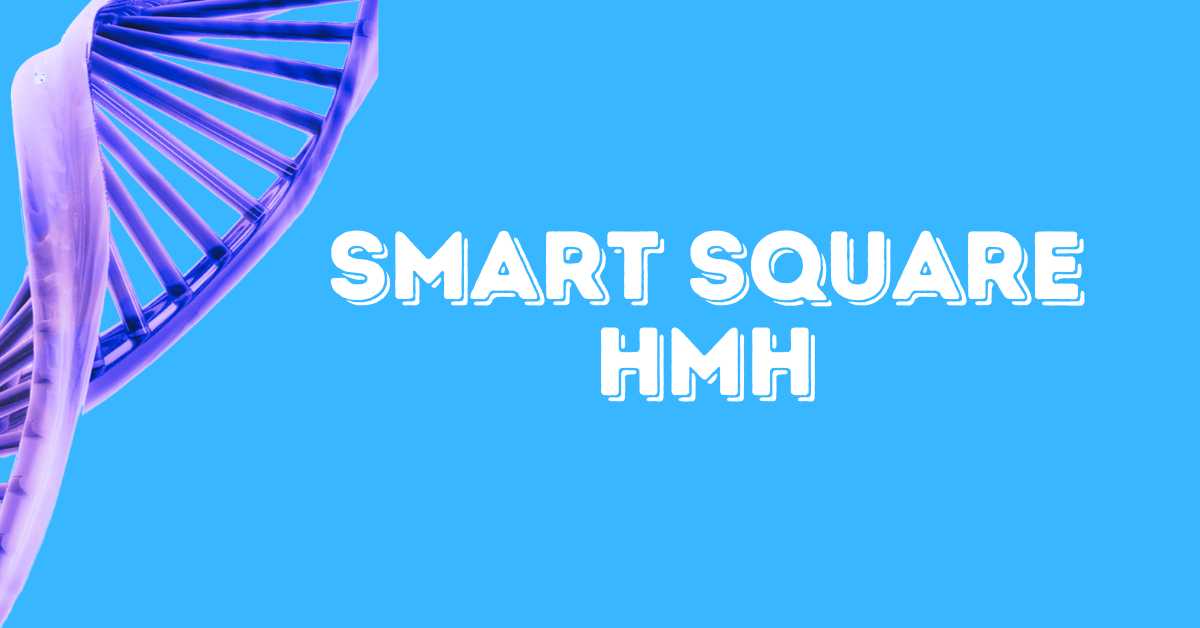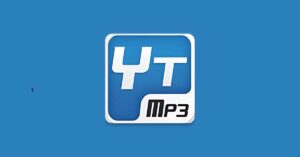In the fast-paced world of healthcare, efficient scheduling and resource management are critical to ensure seamless operations and high-quality patient care. One solution that has gained significant traction in healthcare management is Smart Square HMH. This innovative tool developed by Avantas, in collaboration with Hackensack Meridian Health (HMH), offers healthcare institutions an efficient system to manage staffing, optimize scheduling, and improve overall hospital operations.
In this article, we will explore what it is, its key features, and how it is transforming healthcare management. We will also discuss its benefits for both staff and patients and the future role of this technology in the healthcare sector.
What is Smart Square HMH?
This is a scheduling and workforce management tool specifically designed for the healthcare industry. It allows hospitals and healthcare institutions to manage staffing levels, allocate resources, and ensure that the right personnel are in place at the right time. The tool leverages advanced analytics and machine learning algorithms to create optimal staff schedules while taking into account various factors such as patient demand, labor availability, and skill sets.
How Does Smart Square HMH Work?
This platform is a comprehensive workforce management solution that integrates with existing hospital systems to streamline operations. It uses predictive analytics to forecast patient demand and staffing needs, allowing healthcare administrators to make informed decisions about workforce allocation. The tool also provides a user-friendly interface for healthcare staff to manage their shifts, request time off, and communicate with team members.
Key Features of Smart Square HMH
It offers a wide range of features that make it an invaluable tool for healthcare institutions. Here are some of the key functionalities:
1. Schedule Management
One of the primary features of this is its schedule management capabilities. The platform allows administrators to create, modify, and manage staff schedules with ease. It considers patient demand, staff availability, and labor regulations to ensure that shifts are adequately staffed.
2. Workforce Planning
Smart Square uses predictive analytics to help hospitals and healthcare institutions forecast staffing needs. By analyzing historical data and current patient flow, the platform can recommend optimal staffing levels, helping administrators avoid overstaffing or understaffing.
3. Compliance Monitoring
Compliance with labor laws and regulations is crucial in healthcare. It ensures that all schedules adhere to relevant laws and policies, helping healthcare organizations stay compliant while managing their workforce effectively.
4. Communication Tools
Effective communication is essential in healthcare. Smart Square HMH includes tools for staff to communicate with team members, request shift changes, and manage time-off requests. This ensures that all team members are on the same page and that any scheduling conflicts are resolved quickly.
5. Real-time Updates
Smart Square HMH provides real-time updates on staffing levels, patient needs, and schedule changes. This feature is particularly useful in emergency situations where staffing needs can change rapidly.
6. Bed Management and Patient Flow
In addition to workforce management, Smart Square HMH also includes tools for managing bed occupancy rates and patient flow. The platform provides insights into bed availability, expected discharge times, and potential bottlenecks, helping hospitals allocate resources more efficiently.
Benefits of Smart Square HMH for Healthcare Institutions
The implementation of Smart Square HMH offers a range of benefits to healthcare institutions, from operational efficiency to improved patient outcomes. Let’s explore some of the key advantages.
1. Improved Workforce Allocation
One of the most significant benefits of Smart Square HMH is its ability to optimize workforce allocation. By leveraging predictive analytics, the platform ensures that the right number of staff members are scheduled at any given time. This not only reduces the risk of understaffing but also helps to avoid unnecessary overtime, leading to cost savings for healthcare organizations.
2. Enhanced Patient Care
With better workforce planning, healthcare institutions can ensure that patients receive timely and high-quality care. When shifts are properly staffed, healthcare professionals can focus on providing care rather than managing administrative tasks. This results in improved patient outcomes and higher patient satisfaction rates.
3. Increased Staff Satisfaction
Smart Square HMH allows healthcare workers to have more control over their schedules. By providing a user-friendly interface for managing shifts, requesting time off, and switching shifts, employees experience greater job satisfaction. This improved work-life balance can lead to higher staff retention rates and reduced burnout.
4. Cost Savings
By optimizing staffing levels and reducing overtime, it helps healthcare institutions save on labor costs. Additionally, the platform’s predictive analytics feature allows administrators to forecast staffing needs more accurately, reducing the likelihood of overstaffing during low-demand periods.
5. Better Resource Utilization
It ensures that hospital resources, such as beds and medical equipment, are utilized effectively. By providing insights into bed availability and patient flow, hospitals can make more informed decisions about resource allocation and patient care.
How Smart Square HMH Improves Operational Efficiency
1. Predictive Analytics for Staffing
This uses machine learning algorithms to analyze historical data and predict future staffing needs. This allows healthcare administrators to schedule staff based on real-time data, ensuring that all shifts are adequately staffed. The platform also provides demand forecasting, which helps healthcare facilities plan for periods of high patient volume.
2. Seamless Integration with Hospital Systems
One of the key advantages of it is its ability to integrate seamlessly with existing hospital systems. This reduces the need for manual data entry and ensures that information is consistently updated across all departments. The integration also allows for better communication between departments, leading to improved collaboration and operational efficiency.
3. Real-time Updates and Notifications
It provides real-time updates on staff availability, shift changes, and patient needs. This ensures that administrators have the most up-to-date information when making scheduling decisions. Additionally, the platform can send notifications to staff members about upcoming shifts, time-off requests, and any scheduling changes.
4. Simplified Bed Management
Managing bed availability and patient flow is a critical aspect of hospital operations. Smart Square HMH provides real-time insights into bed occupancy rates, expected discharge times, and potential bottlenecks. This helps hospitals allocate resources more efficiently and ensures that patients are discharged on time, reducing overcrowding and improving patient care.
Smart Square HMH and Patient Care
1. Improved Patient Engagement
This is not just a scheduling tool; it also plays a crucial role in enhancing patient engagement. The platform allows patients to access their medical records, schedule appointments, and communicate with healthcare professionals. This gives patients more control over their healthcare and improves adherence to treatment plans.
2. Reduced Patient Waiting Times
By optimizing staffing levels and managing patient flow, this helps to reduce patient waiting times. When hospitals are adequately staffed and resources are used efficiently, patients can receive care faster, leading to higher levels of patient satisfaction.
3. Better Patient Outcomes
Efficient scheduling and resource allocation directly impact the quality of care that patients receive. When healthcare professionals are not overburdened by administrative tasks and are working in adequately staffed shifts, they can provide better patient care. This ultimately leads to improved patient outcomes and higher levels of satisfaction.
Future of Smart Square HMH in Healthcare
1. Integration of AI and Machine Learning
As technology continues to evolve, we can expect AI and machine learning to play an even more significant role in healthcare management. It is already utilizing these technologies to optimize staffing levels and improve patient care, but future advancements could lead to even more sophisticated workforce planning tools.
2. Expansion of Smart Square to Other Healthcare Institutions
While Smart Square HMH is already being used by several healthcare institutions, its adoption is expected to grow in the coming years. As hospitals and healthcare facilities recognize the benefits of predictive scheduling and data-driven decision-making, more institutions will likely implement Smart Square to improve their operations.
Conclusion
In today’s fast-paced healthcare environment, efficient workforce management and resource allocation are more important than ever. Smart Square HMH offers healthcare institutions a powerful tool to manage staffing, optimize scheduling, and improve overall patient care. By leveraging predictive analytics, real-time updates, and seamless integration with existing hospital systems, this is transforming the way healthcare facilities operate.
From improving patient engagement to reducing costs and enhancing operational efficiency, the benefits of this are clear. As technology continues to evolve, we can expect even more innovations in healthcare management, with tools like Smart Square leading the way.
In summary, Smart Square HMH is not just a scheduling tool but a comprehensive solution that is helping healthcare institutions provide better care, improve patient outcomes, and optimize their workforce. As more hospitals adopt this technology, the future of healthcare looks more efficient, data-driven, and patient-focused.
Frequently Asked Questions (FAQs)
Q1. What is Smart Square HMH?
Smart Square HMH is a scheduling and workforce management tool used by healthcare institutions to optimize staffing, manage resources, and improve patient care.
Q2. How does Smart Square HMH improve patient care?
By ensuring that healthcare professionals are scheduled appropriately, reducing waiting times, and enhancing patient engagement, Smart Square HMH leads to improved patient outcomes.
Q3. Is Smart Square HMH easy to integrate with existing systems?
Yes, Smart Square HMH integrates seamlessly with existing hospital systems, reducing the need for redundant data entry and ensuring real-time updates.
Q4. How does Smart Square HMH use predictive analytics?
The platform uses predictive analytics to forecast staffing needs based on patient demand and historical data, helping administrators optimize workforce allocation.









